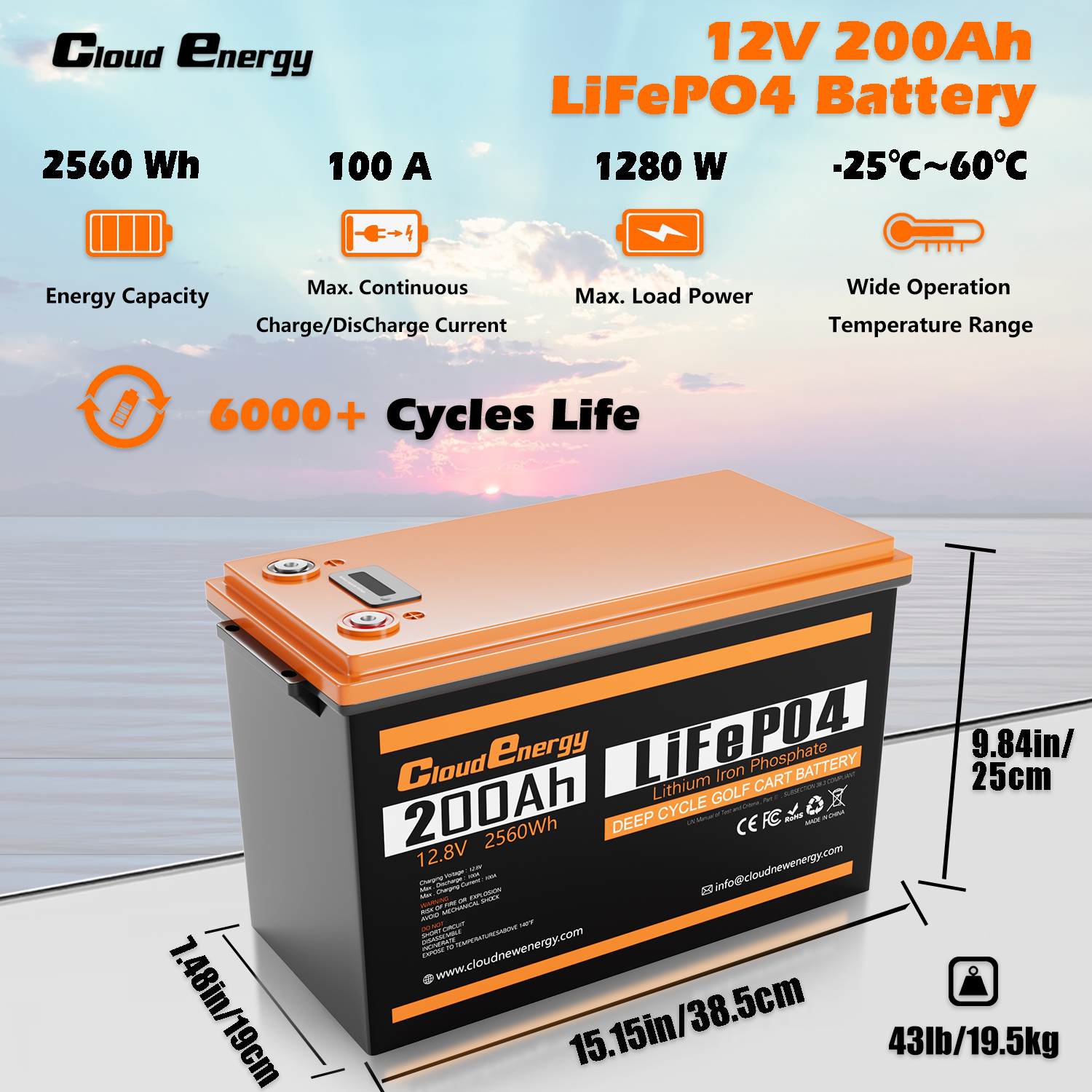Unraveling the Power Within: How Lithium-Ion Batteries Fuel the Future
Unraveling the Power Within: How Lithium-Ion Batteries Fuel the Future
Lithium-ion batteries have become indispensable in today's fast-paced world, powering everything from personal electronics to renewable energy storage solutions. At CloudEnergy, we are committed to advancing battery technology and promoting sustainable energy solutions. This comprehensive guide delves into the workings of lithium-ion batteries and highlights CloudEnergy's role in harnessing this powerful technology.
Understanding Lithium-Ion Batteries: The Basics
Lithium-ion batteries are renowned for their high energy density and efficiency, making them the dominant choice in various sectors. From smartphones to electric vehicles, these batteries offer reliable power. CloudEnergy leverages this technology to create cleaner energy solutions, providing advanced battery options for diverse applications.
The Components That Power Innovation
Lithium-ion batteries consist of several key components:
- Cathode: The positive electrode where lithium ions are stored during discharge.
- Anode: The negative electrode where lithium ions are stored when the battery is charged.
- Electrolyte: A medium that allows lithium ions to move between the cathode and anode.
- Separator: A barrier that prevents the cathode and anode from touching while allowing ion flow.
- Current Collectors: Conductive materials that collect and transport electrons.
At CloudEnergy, we select premium materials for these components to ensure superior performance and longevity.
The Magic Behind the Charge: A Step-by-Step Journey
The operation of lithium-ion batteries involves two key processes: charging and discharging. During charging, lithium ions move from the cathode to the anode, while electrons flow through an external circuit to balance the charge. During discharging, the process reverses, providing electrical energy. CloudEnergy's battery technologies optimize these processes for maximum efficiency and safety.
Storing the Spark: Lithium Ions at Rest and Work
Lithium ions are stored within the anode and cathode, ready to move when needed. CloudEnergy's innovative approach maximizes storage capacity and minimizes degradation, ensuring long-lasting and reliable power.
The Clear Advantages of Going Lithium
Lithium-ion batteries offer numerous benefits:
- Higher Energy Density: More energy in a smaller size.
- Lightweight: Easier to handle and install.
- Longer Lifespan: More charge/discharge cycles.
- Rapid Charging: Faster energy replenishment.
- Low Maintenance: Minimal upkeep required.
These advantages make lithium-ion technology the preferred choice for CloudEnergy's energy storage solutions.
Pioneering the Future: CloudEnergy's Vision
At CloudEnergy, we envision a future where lithium battery technology continues to evolve. Our ongoing research focuses on enhancing safety, capacity, and sustainability. We are developing proprietary technologies and working on projects that push the boundaries of lithium-ion battery performance.
The CloudEnergy Difference: Delivering on the Promise of Renewable Energy
CloudEnergy offers a range of advanced lithium-ion battery products, such as the 12V 200Ah Pro Smart Lithium Iron Phosphate Battery with Bluetooth and self-heating functions. These products exemplify our commitment to providing reliable, advanced battery solutions for a sustainable future.
cloudenergy-12v-200ah-lifepo4
Embracing the Charge: Conclusion
Lithium-ion batteries play a critical role in driving the renewable energy sector and supporting everyday technology. CloudEnergy is dedicated to innovation in battery technology, promoting a greener, more sustainable world.
Frequently Asked Questions (FAQs)
Q: What are the disadvantages of lithium-ion batteries?
A: While lithium-ion batteries offer many benefits, they can be sensitive to high temperatures and require protection circuits to ensure safety.
Q: What is the biggest problem with lithium-ion batteries?
A: One of the biggest challenges is their limited lifespan, as they can degrade over time and through repeated charging cycles.
Q: Can lithium-ion batteries be recycled?
A: Yes, lithium-ion batteries can be recycled, but the process is complex and requires specialized facilities. CloudEnergy is committed to supporting recycling efforts to minimize environmental impact.
Leave a Reply
- Golf Cart Lithium Battery Replacement for 2013 Club Car Precedent
- Upgrade Your Club Car DS with CloudEnergy Lithium Batteries
- Understanding LiFePO4 Charge Curves: A Comprehensive Guide
- Upgrading Your Golf Cart to Lithium Batteries: A Comprehensive Guide
- What Are the Best Battery Types for Off-Grid Living?